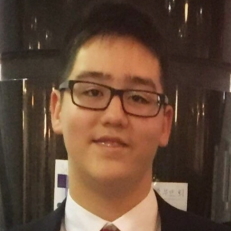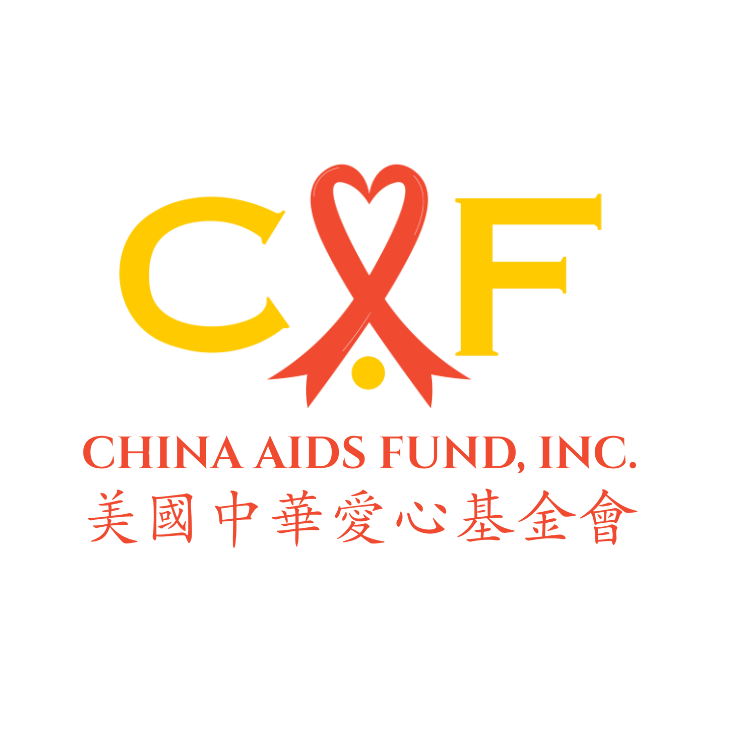AAYP 2019 Youth Ambassadors Scholarship

Gabriel Radu
I vividly remember the time I overnighted in the on-call room, pretending I was a doctor just like my mother. My naïve imagination of being in Grey’s Anatomy was interrupted when she returned. My mom had just diagnosed a patient with cervical cancer – fatal at this stage but easily preventable with early screening from a routine pap test – as long as the patient had access to healthcare.
A similar situation occurred when I was volunteering at Gouverneur Hospital. During the annual Christmas potluck, my job at the facility was to play Christmas carols on the piano and deliver gifts to the patients. I step into my first room to greet an elderly, Latina woman. Placing the tray on her over bed table, she started a conversation with me. She complained
that she was diagnosed with late stage cervical cancer because she could not afford health insurance which caused a delay in her medical care. She told me sadly that these were her final days.
“Puedes contar conmigo para lo que necesites ,” I gently tell her, “Please let me know if you need anything.”
I do my best to conceal my feelings as I do not want to upset my patient. I smile, and we chat using the Spanish I worked hard to learn these past two years. As I step out, she calls me back to place the little gift back in my hand, requesting I give it to a child in a different room – someone who will be able to enjoy it much longer.
As I exit the room, I race for the bathroom where I burst into tears. I want to correct this unfairness, but nothing is going to change the fact that she is going to die. In fact there are over a million individuals die from preventable cancers every year.
A shower of emotions repeats relentlessly every time I care for a patient with a late – stage preventable cancer that metastasized. I am infuriated by the fact that the United States is one of the very few countries to profit from pain and injury.
My sorrow turns into anger; preventive care isn’t offered to the poor or undocumented. Medical institutions have a social responsibility to provide all financially disadvantaged individuals with proper medical care, but they often deny preventive care due to for-profit motives and because it is not urgent. This is disgraceful.
One of my life – long goals as a future physician is to position preventive medicine to the spectrum of essential care. Preventive care is gradually gaining attention, but policy changes have yet to occur. With a simple pap smear, my patient at Gouverneur would have endured a far better fate. Preventive care would provide a more cost-effective alternative to hospitals as well, replacing any future operation, radiation or chemotherapy.
My frustrations fuel my passion for becoming an advocate who will reform the face of healthcare. It breaks my heart to witness the inequalities in healthcare and education – especially when they hurt vulnerable, immigrant communities. With immigrant parents, I have witnessed first-hand the hardships posed to them and how they have defied expectations with successful careers.
As a solution, I look to the power in numbers. Just as profits on financial statements are recorded numerically, I believe that in order to increase social responsibility for medical institutions, there needs to be a unit of account by which hospitals can be measured on social capital. That way, on top of their concern for generating revenue, they’d also have to score high on the social capital point system. Rewards may include subsidies from the government or publicity. With a comprehensive point system, medical institutions can gauge their social footprints and reform policy to ameliorate it effectively.
By employing a universal point system that is respected by medical institutions in America, I feel we can provide more patients with simple, life-saving, routine tests and give preventive care the attention it needs. We need to educate hospitals on what really matters more: the well-being of our people.
